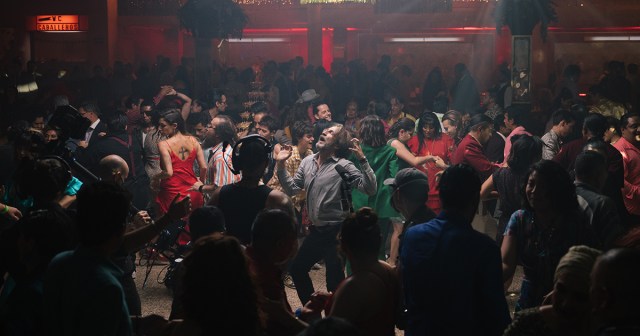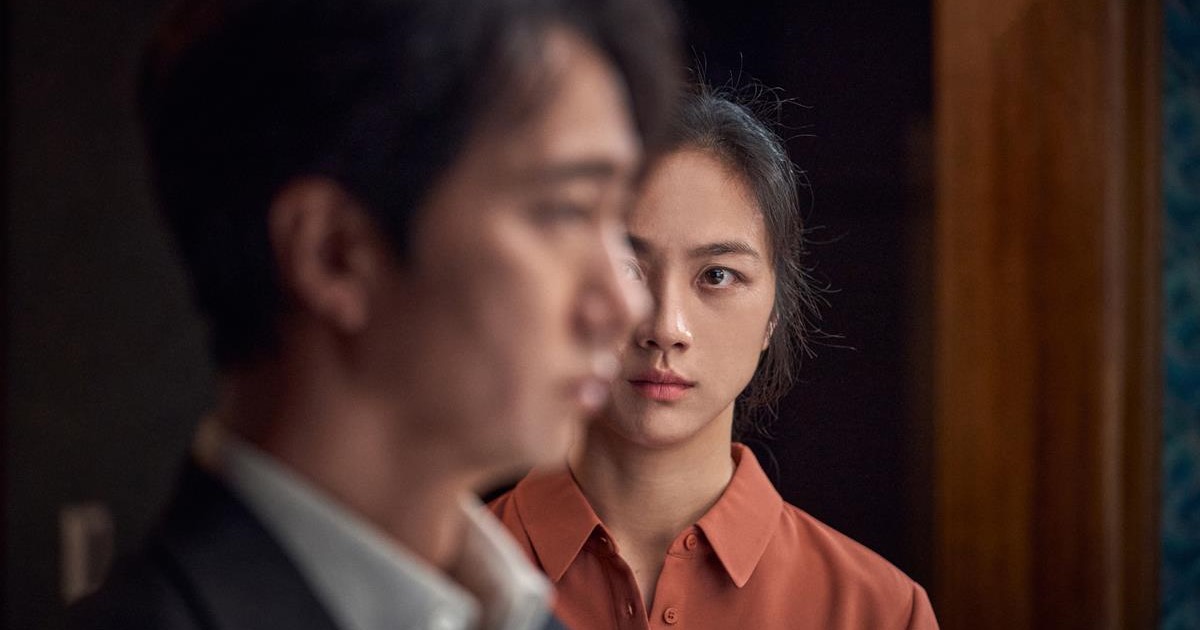
Park Chan-wook, the celebrated auteur, has been puzzled by some of the media reactions to his latest film, Decision to Leave, which, following a theatrical release in the US and the UK, will be available for streaming on Mubi in mid-October. More than a few journalists have levelled questions about it at him, noting that, although Chan-wook had previously billed it as an adult love story, the film didn’t have the violence of Oldboy or the erotism of The Handmaiden.
Even at the film’s press conference in Cannes, he had to deflect the same question. A Korean journalist asked, via a translator, “There weren’t many sex or violence scenes in this film, could you tell us why?” An obviously exasperated director replied, “Had another director made this film you wouldn’t have asked that question, why are you asking it to me? When there’s not something, you ask why isn’t it there.”
Chan-wook went on to explain that even potential distributors were confused about how to promote his film and wanted to say that it was a new development in his work. He rebuked them. To him, Decision to Leave is a film for adults. But, he commented, perhaps hoping to preempt any further questions in the same vein, “I made a film that was the exact opposite of what people expected.”
In fact, as the director wrote for Empire, his choice of which films to make is largely based on what the previous one was like. “Looking back, it seems that each film I conceive is a kind of reaction to the previous film. After Joint Security Area, which explored the division of Korea into North and South, I was moved to make Sympathy For Mr. Vengeance, about class issues within South Korea; the ‘cold’ Sympathy For Mr. Vengeance was followed by the ‘hot’ Oldboy; after the masculine Oldboy came the feminine Lady Vengeance, and so on.”
To serve his point, before Decision to Leave,Chan-wook had made the BBC series The Little Drummer Girl, which he saw it as a call to action for what was to come. “[The Little Drummer Girl] was issuing me orders: not to fashion some kind of complicated drama about global politics, but to make the simplest of love stories. Even The Handmaiden’s plot had also been quite complicated. Now, I wanted simplicity.”
READ MORE: Park Chan-wook Writes For Empire On The Origin Of Decision To Leave: ‘I Wanted Simplicity’ – Exclusive Image (Empire)
Whether his procedure of choosing projects is open to closer scrutiny is irrelevant. Chan-wook is riding the wave of the explosion of Korean culture in the US. His next project is perhaps an affirmation of that — The Sympathizer, a TV show starring Robert Downey Jr. about a half-French, half-Vietnamese man who served as a spy for Communist forces during the Vietnam War.
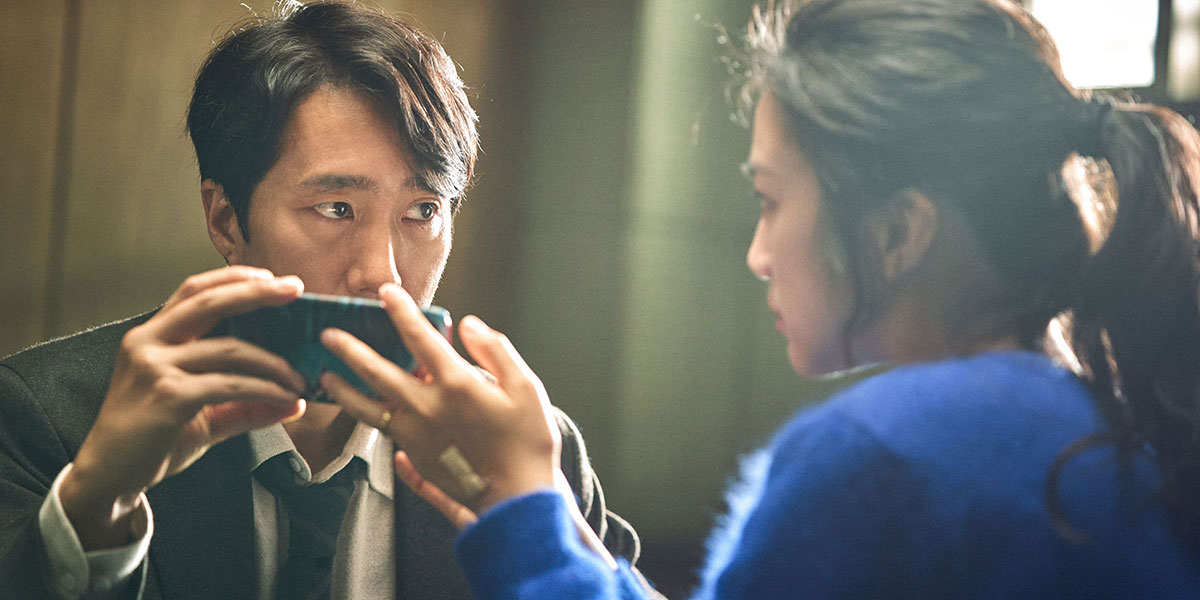
But Patrick Brzeski from The Hollywood Reporter doesn’t concern himself with putting the director in a box, praising both him and the movie. “Park’s Cannes return was a triumph: Decision to Leave won the Best Director prize and has been picked by South Korea to represent the country for the 2023 Oscars in the Best International Feature category.”
In his interview with Chan-wook, Brzeski wondered why the director was especially curious about how the film would be received. What was his inspiration for the film? “Over the years, I’ve watched lots of police dramas and procedurals, where the lead character is a policeman or a detective. I love these kinds of films, but I’ve always thought that the depiction of the protagonists in these stories is quite far from reality, because they’re either really tough and violent, or some kind of genius detective. I’ve always wanted to see a cop film where the detective is just like you or I — a normal guy who just goes to work and does his job in an ordinary way,” Chan-wook responds.
“This film is quiet, and it’s not at all obvious. But still, there’s a consistency — and I think that’s the style. I was trying to follow in the footsteps of the grandmasters, you know, from Korean cinema’s past. So I’ve tried to give it a more classic look. But as I said, I’m very curious to see how the audience will react to that, because I understand that it’s not what people expect from me.”
READ MORE: Cannes: Park Chan-wook Explains the Inspirations Behind ‘Decision to Leave’ (The Hollywood Reporter)
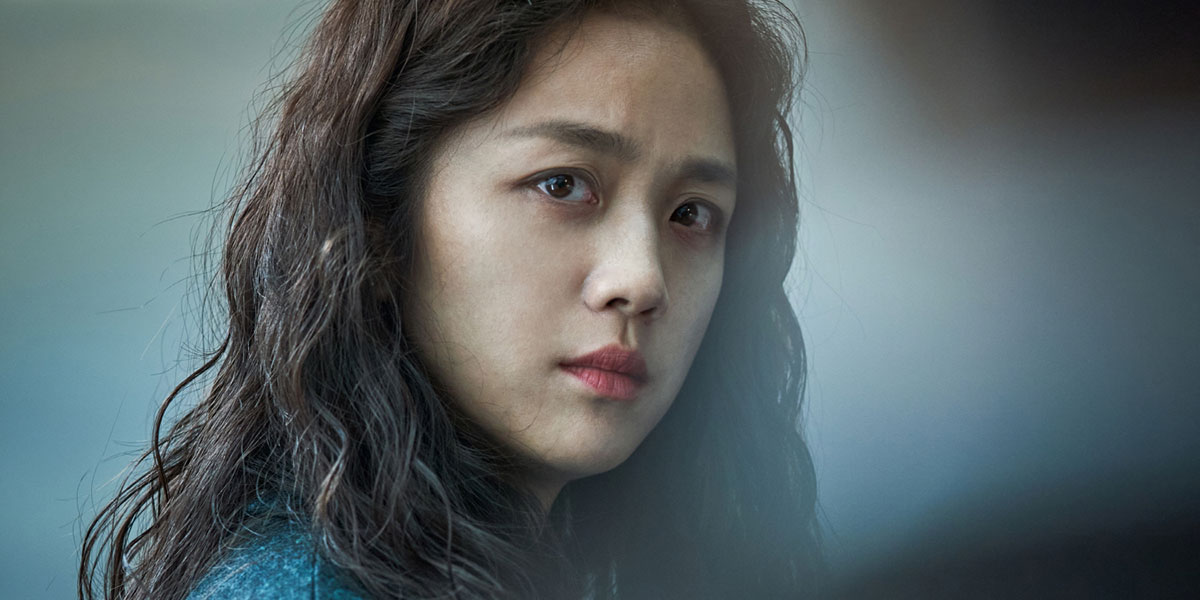
Decision to Leave begins when a detective, played by Park Hae-il (The Host), meets the wife, played by Tang Wei (Lust, Caution), of the dead man he’s investigating.
Chan-wook saw the pair’s interrogation as a kind of courtship. “The process of thoroughly investigating a person, getting to know them through one thing after another, is a sort of dating for them. The conversations they have – very dry and with many things hidden – are a sort of process of having closed-door conversations with dual meanings,” he told Jean Noh at ScreenDaily.
READ MORE: Park Chan-wook on why his Cannes title ‘Decision To Leave’ is “a different kind of police film” (ScreenDaily)
The director’s co-writer, Seo-kyeong Jeong, expands on this unique connection with Anthony D’Alessandro at Deadline. “The detective loves his work. When he’s investigating the crime scene, it’s as though he’s reading a love letter when he’s on the crime scene. He sees Seo-rae (Tang Wei), and it’s a kind of love. It’s a paramount importance for both the characters.”
READ MORE: ‘Decision To Leave’ Filmmaker Park Chan-wook Knows Somethin’ About Love, Especially When It’s Between A Cop & Suspect – Cannes (Deadline)
The choice of Chinese actress Tang Wei, who doesn’t speak Korean, presented its own problems, but Chan-wook praises her work ethic. “The hardest thing about the shoot was her speaking Korean. When we were shooting, it would have taken too long until we got all the dialogue [perfect] so if her lips and speaking speed, the length of each syllable, were accurate, I would say, ‘Okay,’ and we did 99% of it in ADR.” He adds that they brought in outsiders to see if they could understand all the lines cold. “We recorded and refined. I want to compliment Tang Tang’s efforts. She never got tired or complained once.”
Mashable’s Kirsty Puchko is sure Chan-wook’s fans will love the film and recognize his stamp. “A pitch-black sense of humor lurks in the heart of Park Chan-wook’s latest thriller, Decision to Leave. This will come as no surprise to fans of the South Korean filmmaker, who makes tales of murder, incest, betrayal, and suicide attempts the stuff of twisted romance and even more twisted visual gags.
READ MORE: ‘Decision to Leave’ review: Park Chan-wook delivers a thriller with a rom-com twist (Mashable)

Meanwhile, Deadline’s D’Alessandro acknowledges the film’s distance from the auteur’s previous work, placing it closer to Tenet to a degree in its labyrinthine plotting. “Behold, the brilliance of Park Chan-wook when it comes to playing with timelines and details,” he exults.
READ MORE: ‘Decision To Leave’s Park Chan-wook On Romance Noir’s Jaw-Dropping Ending – Cannes Studio (Deadline)
Reviewer Guy Lodge from Film of the Week reminds us that we’ve seen this skewed policeman/suspect relationship before, but Decision to Leave still rises up. “Written down in such terms, Park’s first film in six years sounds frankly hackneyed, recycling a plot shopworn from such past iterations as Out of the Past, Body Heat and Basic Instinct. So why does this one feel so fresh, so slinky, so genuinely unpredictable even as we recognize the rules of the game?”
Lodge answers his own question. “Ornately and ingeniously plotted as it is, Decision to Leave is a wary, wounded love story first and a procedural puzzle second, powered by what seems a sincerely soulful attraction between two people who know nothing — but somehow see everything — of each other.”
READ MORE: Decision to Leave (Film of the Week)
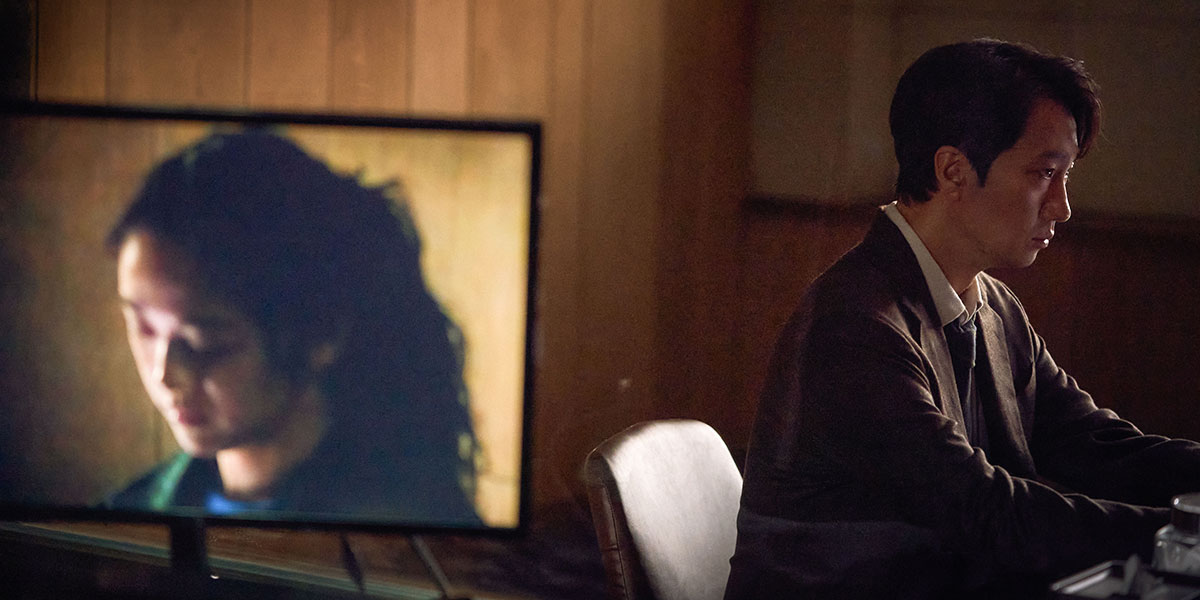
Next, Watch This
Next, Listen to This
LIGHTS, CAMERA, ACTION! SPOTLIGHT ON FILM PRODUCTION:
Packed with insights from top talents, go behind the scenes of feature film production with these hand-curated articles from the NAB Amplify archives:
- “Decision To Leave:” Park Chan-wook’s Love Story/Detective Story
- Fantastic Fantasía: Making Alejandro González Iñárritu’s “Bardo”
- “The Banshees of Inisherin:“ Martin McDonagh Tells a Wonderful/Terrible Tale
- Control and Chaos: Todd Field on “Tár”
- Family Pictures: James Gray’s “Armageddon Time”
- She Stoops to Conquer: Gina Prince-Bythewood Goes to War for “The Woman King”
- The Revolution Will Be Televised: Making the Immersive, Explosive “Athena”


